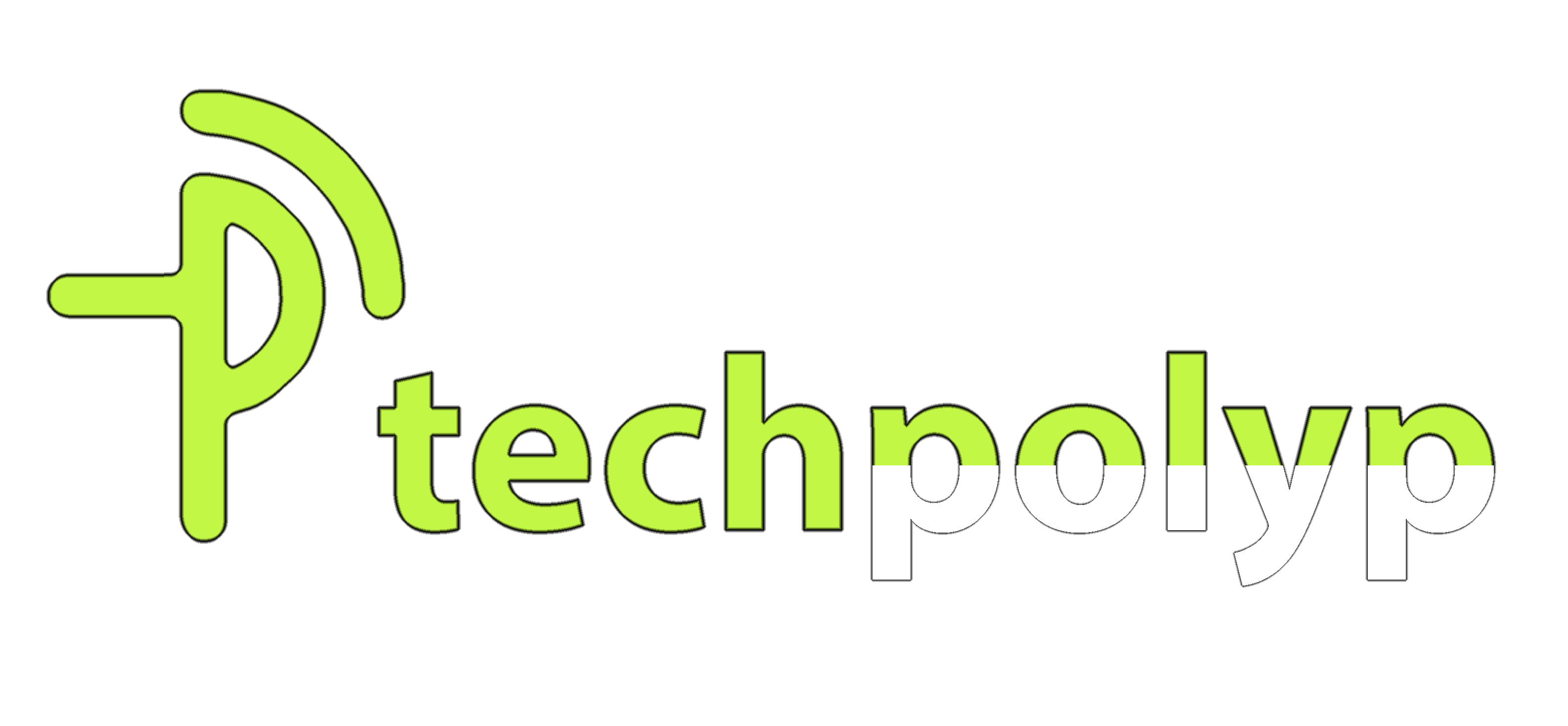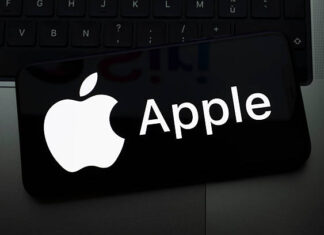When you purchase through links on our site, we may earn an affiliate commission. This doesn’t affect our editorial independence.
Certain tech companies have grown significantly beyond their normal size. Some of these companies have experienced rapid growth since their inception. This is possibly why Anysphere rejected OpenAI’s acquisition bid.
Anysphere is the creator of the AI coding assistant Cursor and is experiencing rapid growth. Its growth in the industry isn’t just to be in the market to be sold, even to OpenAI.
Cursor is one of the most popular AI-powered coding tools, with astronomical revenue growth. Recently, the tool went viral when it instructed a user to perform a task himself, despite the person having asked the AI to write code. However, Cursor’s revenue doubles on average every two months. Anysphere’s current average annual recurring revenue is about $300 million.
CNBC reported that OpenAI initially offered to purchase Cursor AI. But Anysphere rejected the OpenAI acquisition bid. The report also confirms that Anysphere has received other acquisition proposals that the company didn’t consider. According to the source, Cursor turned down the offers because the startup wanted to stay independent. Alternatively, Anysphere has been engaging with relevant stakeholders to raise capital at a valuation of approximately $10 billion. Bloomberg gave this report last month.
Company switches to Windsurf after failed Anysphere OpenAI acquisition bid.
Following Anysphere’s rejection of OpenAI’s acquisition request, this doesn’t affect the company. Instead, OpenAI didn’t give up on buying an established AI coding tool startup. CNBC reported that OpenAI consulted with more than 20 other startups.
However, OpenAI’s search yielded positive results when its bid became serious over the next fastest-growing AI coding startup, Windsurf. Bloomberg reported that Windsurf had a $3 billion acquisition offer. While Windsurf is a relatively smaller company, its annual recurring revenue (ARR) is approximately $100 million. It surged from $40 million in annual recurring revenue (ARR) in February.
Windsurf is gradually becoming known in the developer community as well. Its coding product is designed to work with legacy enterprise systems. Therefore, it can also be a significant catch for OpenAI.
As of the time of filing this report, no one knows the reason behind the OpenAI acquisition agenda. However, TechPolyp suggests that this development is due to OpenAI seeking its next growth areas. This development follows the pricing pressure exerted by competitors such as Google’s Gemini and China’s DeepSeek on access to foundational models.
Furthermore, Anthropic and Google have recently released new AI models. These models outperform OpenAI’s models on coding benchmarks. These top performances increasingly make them a preferred choice for developers.
After Anysphere rejects the OpenAI acquisition offer, TechPolyp suggests that OpenAI could build its own AI coding assistant. However, buying a product that is already popular with developers could mean the company wouldn’t have to make this business from scratch.
VCs who invest in developer tool startups are certainly watching. In speculating about OpenAI’s strategy, Chris Farmer, a partner and CEO at SignalFire, said, “They’ll be acquisitive at the app layer. It’s existential for them.”









